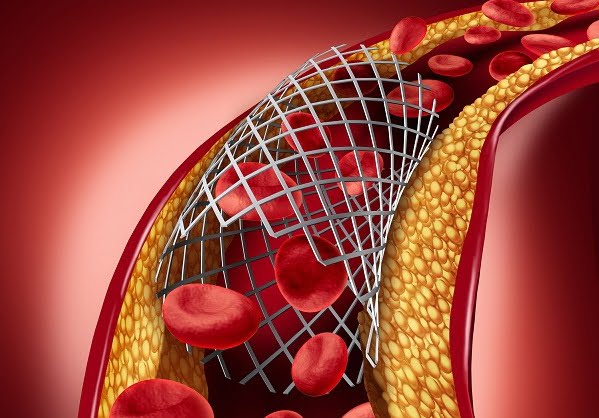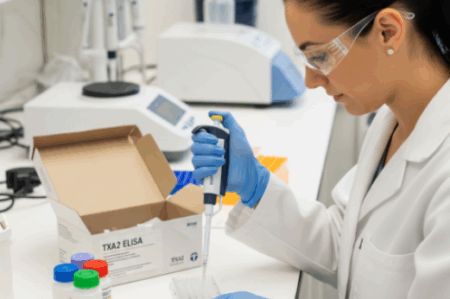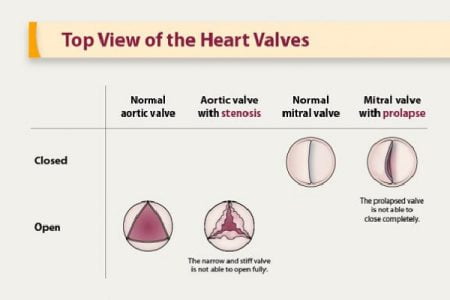How Is Coronary Heart Disease Treated?
- Updated on: Jun 26, 2024
- 3 min Read
- Published on Apr 19, 2021

 Treatment for coronary heart disease (CHD) also called coronary artery disease (CAD) can help you manage the symptoms and reduce the risk of further damage to your heart.
Treatment for coronary heart disease (CHD) also called coronary artery disease (CAD) can help you manage the symptoms and reduce the risk of further damage to your heart.CHD can be managed with a combination of lifestyle changes and medication. In some cases, a surgery may be needed.
The symptoms of CHD can be reduced and the functioning of the heart can be improved with a proper treatment plan.
Treatment for coronary heart disease
Treatments for coronary heart disease include changes in lifestyle, medicines, medical procedures, and surgery. The objectives of treatment are:
- Lower the risk of forming blood clots
- Relieve symptoms due to CHD such as chest pain. Read about symptoms of coronary heart disease.
- Reduce or reverse or stop the buildup of plaque
- Open the clogged arteries
- Avoid further complications due to coronary heart disease
The following practices and treatment options can help you manage CHD.
Lifestyle changes
If you’ve been diagnosed with CHD, you can reduce your risk of further complications by making certain lifestyle changes. These are:
- stopping smoking: it reduces your risk of having another heart attack significantly if you stop smoking after a heart attack
- eat healthy food: a heart-healthy eating can help you manage CHD
- exercise: engage more in physical activities and do regular exercise
- lose extra weight: maintain a healthy weight of your body, obesity is a major risk factor and can cause further complications. Nutritional plans like Juice Plus+ and other types of eating plans can help you shift pounds, while still getting all of the vitamins and minerals that you need.
- reduce stresses from life: it is found that stresses cause strains on your heart muscle causing further complications. Research shows that the most commonly noted trigger for a heart attack is an emotionally upsetting event, in particular one that involves anger.
Medication
Sometimes mere lifestyle changes aren’t able to control your blood cholesterol levels and relieve the symptoms of CHD. Your doctor may then recommend medications to manage the condition. For example, medicines can be given to lower your cholesterol levels, which can decrease your chance of having a heart attack or stroke.
Various drugs are available to treat coronary heart disease, such as:
- Cholesterol-modifying medications
- Aspirin
- Nitroglycerin
- Beta blockers
- Angiotensin-converting enzyme (ACE) inhibitors
- Angiotensin II receptor blockers (ARBs)
The purpose of these medicines can be one or more of these:
- Decrease your chance of having a heart attack
- Decrease the chance of a sudden death
- Lower your blood pressure
- Reduce the load on your heart
- Prevent blood clots, which can cause heart attack or stroke
- Prevent the need for a stent or coronary intervention or surgery, such as coronary artery bypass grafting
- Relieve coronary heart disease symptoms, such as chest pain (angina)
Medical procedures and surgery
You may sometimes need a medical procedure or a surgery to treat coronary heart disease. These are used to treat blocked coronary arteries. You should discuss with your doctor about which treatment is right for you before deciding about it.
Percutaneous Coronary Intervention (Angioplasty and stent placement)
Percutaneous coronary intervention, commonly known as angioplasty, is a non-surgical treatment method that opens blocked or narrowed coronary arteries. It is usually done by a no-surgical team such as by a cardiologist.
Your doctor will insert a long, thin tube (called catheter) into the narrowed section of your artery. A wire that carries a deflated but inflatable balloon is passed through the catheter to the narrowed section of the artery. The balloon is then inflated. This compresses the plaque or other deposits staying there against your artery walls.
A stent is generally left in the artery to help keep the artery open. Recent advances have allowed the use of stents that slowly release medication to help keep the artery open. Self-dissolving stents are also available these days that dissolve automatically after your body does not require a stent.
Coronary artery bypass surgery or grafting
It is a type of surgery in which arteries or veins from other areas in your body are used to bypass your narrowed coronary arteries. This improves the blood flow to your heart and relieves symptoms of coronary heart disease.
Because the procedure requires open-heart surgery, it’s most often done in cases of multiple narrowed coronary arteries that are difficult to open through angiography.
Alternative Medicine
There are some alternative treatment options that can reduce inflammation in your body, which is a factor that promotes coronary artery disease. However, recent studies do not show them to be beneficial. More research is needed to prove any benefits. These are:
- Fish and fish oil
- Omega-3 fatty acids
- Flax and flaxseed oil
- Other supplements such as barley, cocoa, garlic, oat bran, sitostanol, Coenzyme Q10, Artichoke, and Alpha-linolenic acid (ALA).












